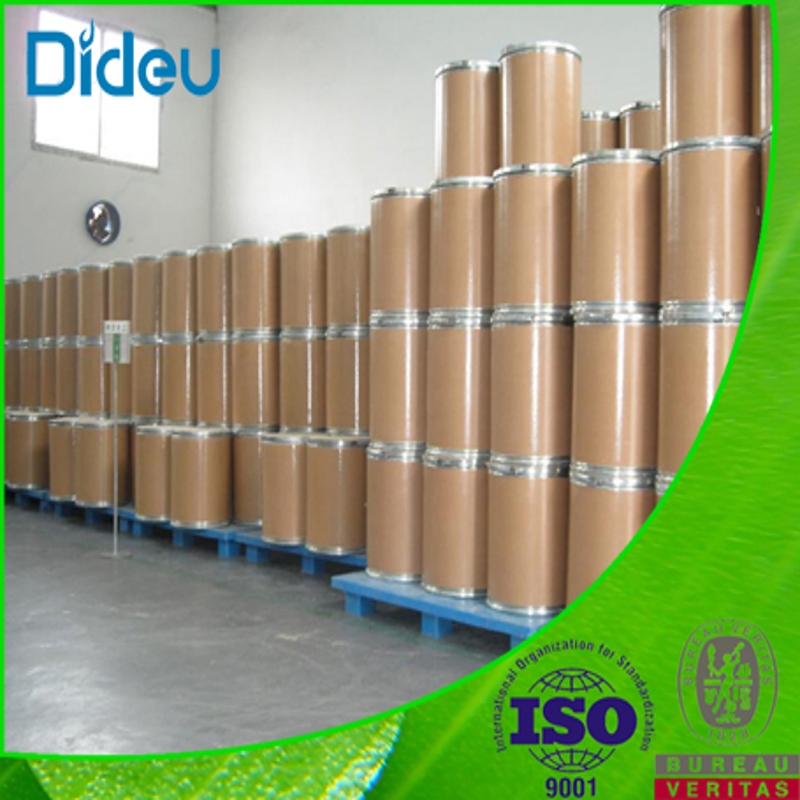-
Categories
-
Pharmaceutical Intermediates
-
Active Pharmaceutical Ingredients
-
Food Additives
- Industrial Coatings
- Agrochemicals
- Dyes and Pigments
- Surfactant
- Flavors and Fragrances
- Chemical Reagents
- Catalyst and Auxiliary
- Natural Products
- Inorganic Chemistry
-
Organic Chemistry
-
Biochemical Engineering
- Analytical Chemistry
-
Cosmetic Ingredient
- Water Treatment Chemical
-
Pharmaceutical Intermediates
Promotion
ECHEMI Mall
Wholesale
Weekly Price
Exhibition
News
-
Trade Service
The chemical industry plays a crucial role in our daily lives, from producing the goods we use to creating the medicines that save lives.
One of the many important aspects of this industry is the synthesis of chemical compounds, which involves the transformation of raw materials into valuable products.
In this article, we will focus on one such compound, S-(Trifluoromethyl)dibenzothiophenium trifluoromethanesulfonate.
Upstream Products and Their Importance
The upstream products refer to the raw materials required for the manufacturing of S-(Trifluoromethyl)dibenzothiophenium trifluoromethanesulfonate.
In the chemical industry, it is important to have a reliable and consistent supply of these raw materials to ensure a steady production process.
Some of the key upstream products for S-(Trifluoromethyl)dibenzothiophenium trifluoromethanesulfonate include:
- Sodium fluoride: This is used as a source of fluoride ions, which are necessary for the synthesis of S-(Trifluoromethyl)dibenzothiophenium trifluoromethanesulfonate.
- Benzene: This is a aromatic hydrocarbon used as a starting material for the synthesis of S-(Trifluoromethyl)dibenzothiophenium trifluoromethanesulfonate.
- Nitrobenzene: This is a nitrated aromatic hydrocarbon used as a starting material for the synthesis of S-(Trifluoromethyl)dibenzothiophenium trifluoromethanesulfonate.
These upstream products are important in the production of S-(Trifluoromethyl)dibenzothiophenium trifluoromethanesulfonate, and their availability and quality play a crucial role in the overall efficiency and cost-effectiveness of the manufacturing process.
Downstream Products and Their Importance
The downstream products refer to the final products that are produced using S-(Trifluoromethyl)dibenzothiophenium trifluoromethanesulfonate.
In the chemical industry, it is important to have a variety of downstream products to meet the demands of different industries.
Some of the key downstream products of S-(Trifluoromethyl)dibenzothiophenium trifluoromethanesulfonate include:
- Pesticides: S-(Trifluoromethyl)dibenzothiophenium trifluoromethanesulfonate can be used as an intermediate in the production of pesticides, which are used to protect crops from pests and diseases.
- Pharmaceuticals: S-(Trifluoromethyl)dibenzothiophenium trifluoromethanesulfonate can be used in the production of pharmaceuticals, which are used to treat a variety of medical conditions.
- Fluorinated derivatives: S-(Trifluoromethyl)dibenzothiophenium trifluoromethanesulfonate can be used in the production of fluorinated derivatives, which are used in a wide range of applications, such as in the manufacture of lubricants, surfactants, and materials.
These downstream products are important in the chemical industry, as they provide valuable products that can be used in various applications.
The use of S-(Trifluoromethyl)dibenzothiophenium trifluoromethanesulfonate as an intermediate in the production of these downstream products highlights its versatility in the chemical industry.
Challenges and Opportunities
The chemical industry is constantly evolving, with new technologies and processes emerging that can improve efficiency and reduce costs.
One of the key challenges in the production of S-(Trifluorometh







